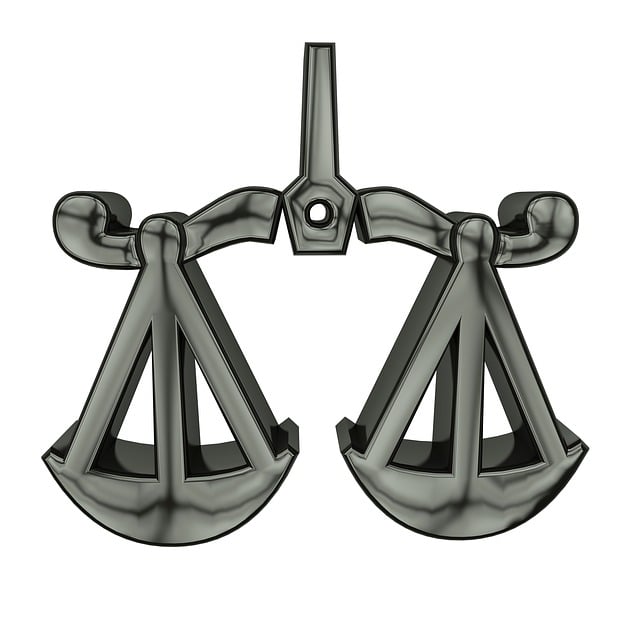Regulatory compliance is vital for business success, requiring thorough research and consultation to identify industry-specific laws. Implement structured systems, training, and compliant policies to avoid non-compliance risks. Understanding criminal procedure litigation helps anticipate legal action by focusing on key steps in the process. Staying informed about regulatory changes and providing regular legal updates empowers employees to manage risk effectively. A strategic approach, including recognition of violations, good faith efforts documentation, and transparent communication, is crucial for navigating regulatory compliance issues and successful defense against charges, especially within complex Steps in Criminal Procedure Litigation.
Regulatory compliance issues are a complex web that businesses must navigate to avoid legal pitfalls. This article provides an insightful guide through the intricate landscape of regulatory compliance frameworks, highlighting key strategies to mitigate risks. We explore potential litigation threats and delve into the steps of criminal procedure in compliance cases. Additionally, discover effective legal defense mechanisms, offering practical advice for businesses aiming to ensure long-term adherence to regulations.
- Understanding Regulatory Compliance Frameworks
- Identifying Potential Litigation Risks
- Navigating Criminal Procedure in Compliance Cases
- Strategies for Effective Legal Defense
Understanding Regulatory Compliance Frameworks

Regulatory compliance frameworks are essential components in ensuring that businesses and organizations operate within legal boundaries. These frameworks provide clear guidelines on what is expected of entities, helping them avoid potential pitfalls that could lead to indictment. Understanding these regulations is crucial for achieving extraordinary results in any business venture. The first step in navigating this landscape is to identify the relevant laws and rules applicable to your industry or sector. This involves careful research and consultation with legal experts to ensure comprehensive coverage.
Once identified, businesses must implement systems and processes that align with the regulatory requirements. This includes establishing internal controls, training employees on compliance matters, and creating policies that reflect adherence to these standards. By taking proactive measures, organizations can significantly reduce the risk of non-compliance, which could result in severe legal consequences. Moreover, understanding the steps in criminal procedure litigation is vital for businesses as it empowers them to mount winning challenging defense verdicts when faced with regulatory inquiries or charges.
Identifying Potential Litigation Risks

Identifying potential litigation risks is a critical step in regulatory compliance. Companies must meticulously review their operations and practices to anticipate areas where non-compliance could lead to legal action, focusing on understanding the steps in criminal procedure litigation. This involves scrutinizing interactions with regulators, internal audits, and employee conduct to ensure adherence to laws and regulations. By proactively identifying risks, organizations can implement preventative measures and mitigate potential penalties or reputational damage.
Moreover, staying informed about changes in regulatory landscapes across the country is essential. Regulatory shifts often introduce new compliance requirements and alter existing guidelines, significantly impacting businesses’ exposure to litigation. Regular legal updates and training sessions help employees comprehend these nuances, ensuring they navigate interactions with regulators competently. Ultimately, a robust risk management strategy that incorporates all stages of the investigative and enforcement process can lead to a complete dismissal of all charges in extreme cases.
Navigating Criminal Procedure in Compliance Cases

Navigating Criminal Procedure in Compliance Cases involves understanding the intricate steps that lead to a successful outcome. When faced with regulatory non-compliance issues, companies often find themselves at the mercy of legal proceedings. The first step is recognizing and acknowledging the violation, followed by gathering evidence to demonstrate good faith efforts to rectify the situation. This proactive approach can significantly impact the case’s trajectory.
The process encompasses all stages of the investigative and enforcement process, where each phase requires meticulous documentation and transparent communication. An unprecedented track record of winning challenging defense verdicts is a testament to effective legal strategies tailored to specific compliance cases. By employing robust legal defenses and presenting compelling arguments, organizations can achieve favorable outcomes even in complex criminal procedure litigation.
Strategies for Effective Legal Defense

Navigating regulatory compliance issues can be a complex task for any respective business, requiring a robust legal defense strategy to mitigate potential risks. A comprehensive approach involves understanding the specific regulations relevant to your industry and anticipating potential non-compliance scenarios. The first step in criminal procedure litigation is to conduct thorough due diligence, identifying all applicable laws and ensuring adherence through meticulous record-keeping. This proactive measure not only aids in avoiding legal pitfalls but also demonstrates a commitment to ethical practices for corporate and individual clients alike.
During litigation, effective defense strategies should include gathering compelling evidence to prove compliance efforts and intentions. This may involve presenting documentation showcasing due diligence, training programs, and internal audits. Engaging experienced legal counsel who specialize in regulatory affairs is pivotal, as they can provide insightful guidance tailored to the unique challenges faced by your respective business, including those within the philanthropic and political communities. By employing these steps in criminal procedure litigation, organizations can effectively navigate complex regulatory landscapes, ensuring long-term sustainability and reputation management for all stakeholders involved.
Regulatory compliance is a complex landscape that organizations must navigate carefully. By understanding the regulatory frameworks, identifying potential litigation risks early, and familiarizing themselves with the steps in criminal procedure litigation, businesses can devise robust legal defense strategies. Effective adherence to these practices ensures not only compliance but also acts as a shield against potential prosecution, fostering a culture of integrity within the organization.






